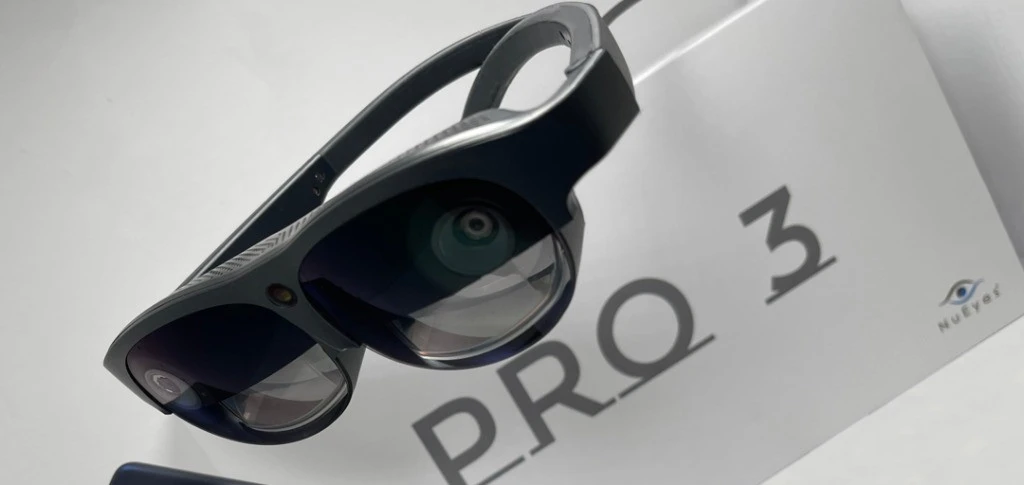NuEyes AR glasses incorporate hand gesture recognition

The company specialized in technology for people with low vision NuEyes has partnered with ManoMotion to add hand and gesture tracking technology to its AR glasses New Pro 3, which are aimed at all kinds of audiences and can be connected to computers or mobile phones with a USB-C cable.
By placing our hands in front of the glasses and performing certain gestures, the device activates the default or custom commands and controls. The built-in sensors are able to recognize 21 points on the joints, six on the wrists and 3 for each finger. They also differentiate if the hand is left or right, if we are looking at the back or palm and also work with medical prostheses.
Glasses New Pro 3, of which two models will be manufactured, they have speakers in the mount, a camera of 13 megapixels and great color contrast, being light and comfortable. They are capable of projecting 1080p AR content at 60FPS on a screen that would equal a 148-inch. Its market will be the health and business sector, but also that of games and entertainment.

